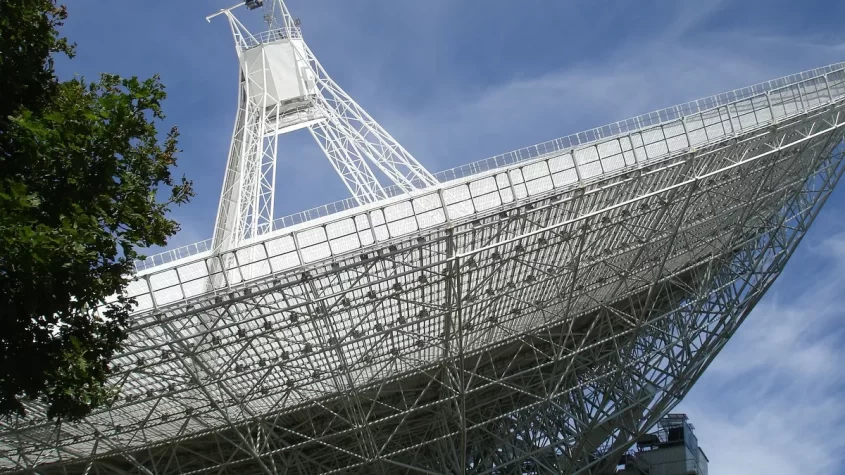The discovery of a strange radio signal from an Earth-like planet gives hope in the search for life

New observations have revealed evidence of a magnetic field on an alien exoplanet, indicating that it could potentially be habitable.
Scientists have been able to monitor a “interconnected” radio signal indicating that the planet has its own magnetic field, which is believed to be essential to sustaining life on a particular world, thanks to recent observations from the “Very Large Array” (VLA) radio telescope in New Mexico.
On Earth, we often take our planet's magnetic field for granted, which helps protect us from high-energy particles and plasma blasting off from the sun. As such, any alien life would likely depend on being protected by a similar domain.
Some other worlds in our solar system also have a magnetic field, but scientists have been struggling to find rocky, Earth-like exoplanets that have magnetic fields of their own. And they found it difficult to determine how likely a planet would be to support life.
Now, scientists have identified the new candidate, YZ Ceti b, a rocky planet orbiting a star about 12 light-years away, which has sent a repeating radio signal coming from the star and appears to be affected by the planet.
It appears that the radio waves detected by the scientific team from the planet are generated when the star interacts with the magnetic field of its planets. Because the two are so close to each other, the new candidate is the perfect duo to test theories about whether these magnetic fields can be detected at such a distance.
Scientists describe the effect as similar to the aurora borealis, or northern lights, which occur on Earth when high-energy particles from the sun interact with our planet's atmosphere.
“We actually see the aurora borealis on the star, this is the radio emission,” said Sebastian Pineda, an astrophysicist at the University of Colorado and one of the scientists who spotted the signal. There should also be aurorae on the planet if it had its own atmosphere.”
“The search for potentially habitable or life-bearing worlds in other solar systems depends in part on being able to determine whether rocky, Earth-like exoplanets do indeed have magnetic fields,” said Joe Pesek, program director for the National Radio Astronomy Observatory. "This research shows not only that this particular rocky exoplanet likely has a magnetic field, but it provides a promising way to find more."
Source :websites

